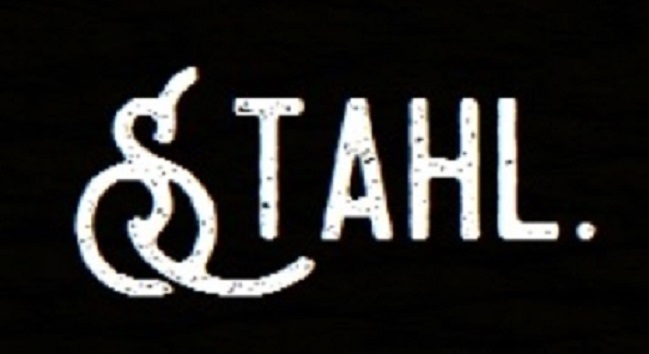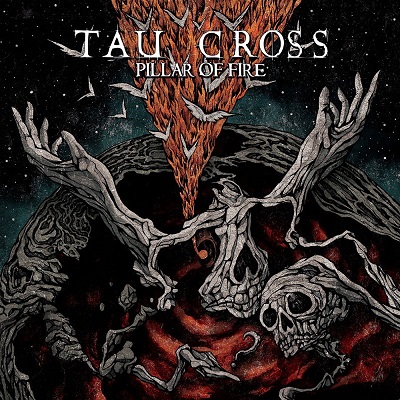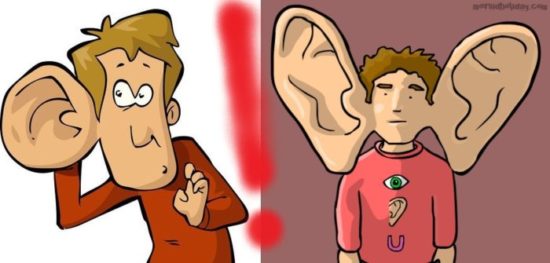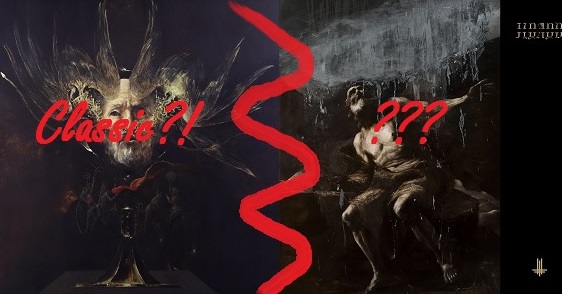In June 2015, I published a reflection on multinational ‘supergroup’ Tau Cross’ (with members of Voivod and Amebix) eponymous first album. To me, it appeared to be a reflection of the world in 2015, which already knew developments of crisis in economies, politics, migration scenarios and many other areas of culture and their discourses. I coined their music a brand of ‘new music for a new age’ – but, this phrase and description was followed by a question mark. I was not effectively sure, from a cultural historian’s point of view, whether and how their postulate of ‘newness’ in music, meaning most of all cultural innovation, was really producing innovative patterns of culture.
My uncertainty stemmed from my analysis of the band’s music and discourse. Actually, I came to the conclusion that Tau Cross created a new form of music, and celebrated an innovative cultural-historical discourse. Yet, they used known and well-known elements from different subgenres of Rock and Metal music to create their own hybrid sound. This comprised artistical elements, in both music and lyrics, from Thrash Metal, Punk and Hardcore Punk, Crust, and Folk Music.The most distinctive and hence element that ‘bracketed together’ their music and discourse together were Rob ‘The Baron’ Smith’s unique, monotonous rough vocals.
This cultural mode of production in Metal music, hybridizing elements from Thrash Metal, Punk and Hardcore Punk, Crust, and Folk Music, writing apocalyptic and doomy, most dark lyrics, gave birth to Tau Cross’ own message in discourse. Their singer’s rasp voice was the perfect medium to perform and tell this picture and allegory of the world in 2015: basically, this message was one of hybridity and mélange – to cope with the difficulties of 2015, meant to perform an eclectic set of mind in the construction of identities.
According to Tau Cross’ discourse of cultural history of the world in 2015, to live positively, or to at least be able to survive, one needed to construct an identity which accepted and tolerated facets of belief, behavior, rules, ethics and politics from very different sources. It was a message of existential postmodernism, of relativism, liquidity and an ever-changing flux of identities in which their discourse saw a fitting modus vivendi for 2015.1
However, this was their discourse of Metal music in 2015. In 2017, Tau Cross released their second album ‘Pillar Of Fire’.2 Again this is a very allegoric and metaphorical title which can be intepreted in many different, positive and/or negative ways. Taken that their debut from 2015 was a statement to cope with the then world by promoting hybrid identities, what is their current discourse about, analyzed from a cultural-historical point of view? The years since then have changed the world – we face Donald Trump as the president of the United States, the ongoing negotiations on the ‘Brexit’ in Europe, globally the rise of right-wing populism and the spread of terrorism.
Is hybridity, or maybe an even greater relativsm and hybridity, in the shape of irony or nihilism, today’s message in ‘Pillar Of Fire’s discourse? At the moment, because of the record’s very mythological and metaphorically open lyrics3, and its very recent release, having only gotten a part of its expectable reception, we do not know exactly. But we can assume that the album’s title track, for it is the song that performs the album’s title-message, contains its discourse’s main narrative:
Oh no, they’re burning their Gods again, the sacred and the profane
A pillar of fire
My my, its crawling beneath my skin. The visions are crowding in
My Heaven and Hell
From the garden of the dawn, to the ocean night
All is said and all is done
And nothing new beneath our sun
All we built and all we knew
Is turned to dust, just me and you
Falling through the universe
Hey hey, the Gods have all gone away
The people have learned to pray
To a pillar of fire
And these dark cathedral spires, point like fingers to the skies
Accusingly accusingly, accusingly, the question always why
I’m looking down, at a body on a table looking up
I’m looking down at the body on the table…looking up
And all we are is held by silver thread
Sewn into the earth, sent back to the dead.4
The lyrics open with the phrase ‘Oh no, they’re burning their Gods again, the sacred and the profane. A pillar of fire (…)’. So, a pillar of fire, is a fire which burns the world’s gods. Gods can be conservative and overcome policies, morals, religions, in a nutshell: worn-out identities. Supposed, in 2017 our culture seems to burn its old identites, it afterwards has to generate new ones. How to find or construct these new ones, in 2017’s world of terrorisms, fear, populism and crisis? Maybe we just have to read on to find the answer, according to Tau Cross:
All is said and all is done
And nothing new beneath our sun
All we built and all we knew
Is turned to dust, just me and you
Falling through the universe.5
If there is nothing new beneath our sun, there are only old and used things of culture – like Thrash Metal which has been there since the early 1980s; like Punk, Hardcore and Crust which stem from even the decade before; like Folk Rock which became succesful in the 1960s. Yet, again Tau Cross hybridize their elements of identities very conservatively – again Rob Miller’s vocals shape their discursive leitmotiv. What does that mean? In 2017, still and even more radical, Tau Cross emphasize postmodernist ‘hybridism’ to be the way of cultural choice. We have to build a ‘pillar of fire’ in which to burn our old identities – just to build new ones from new ways of combinations.



